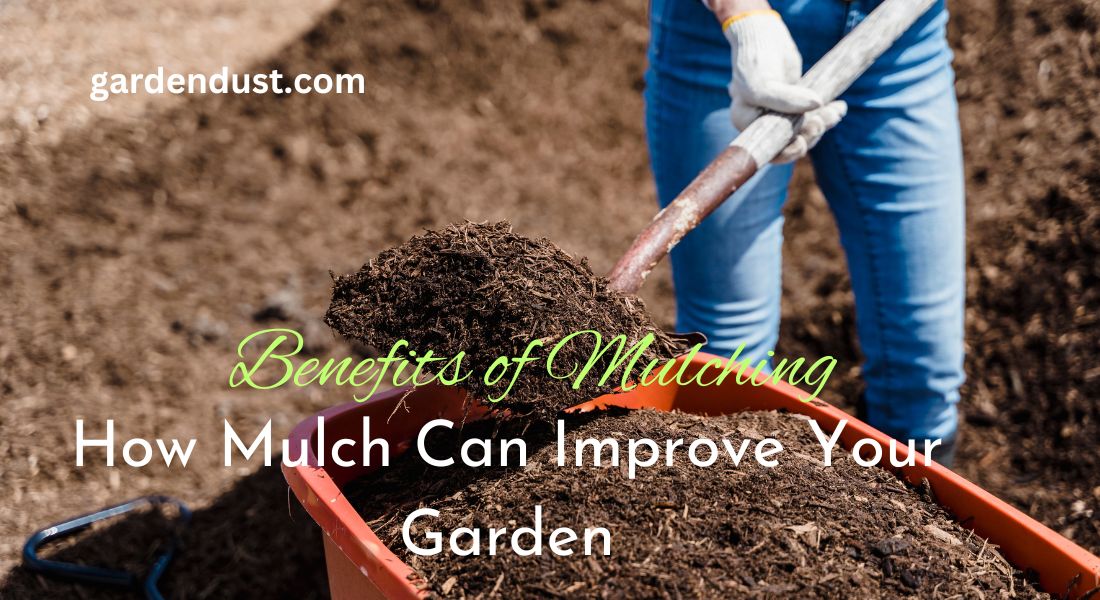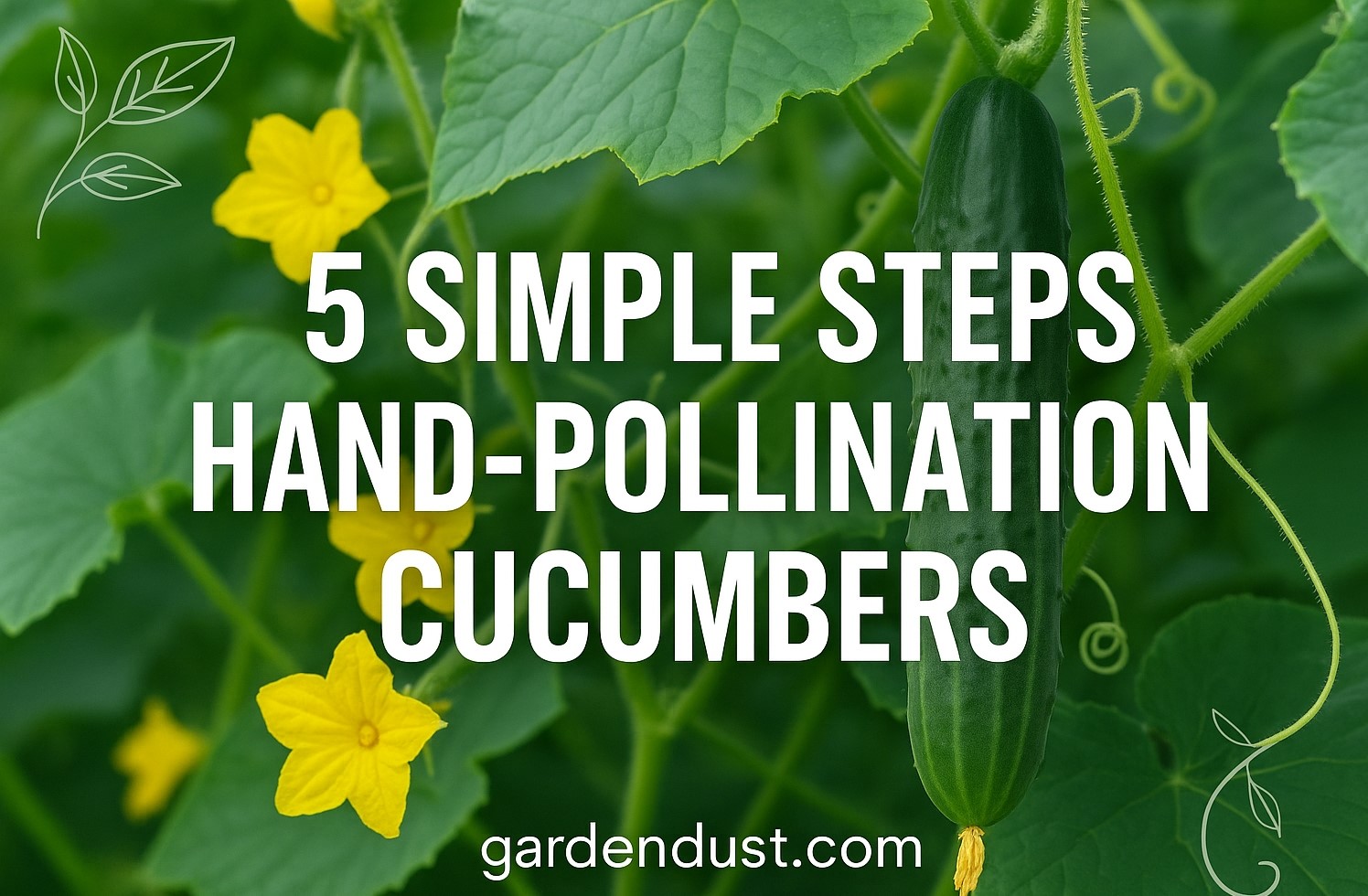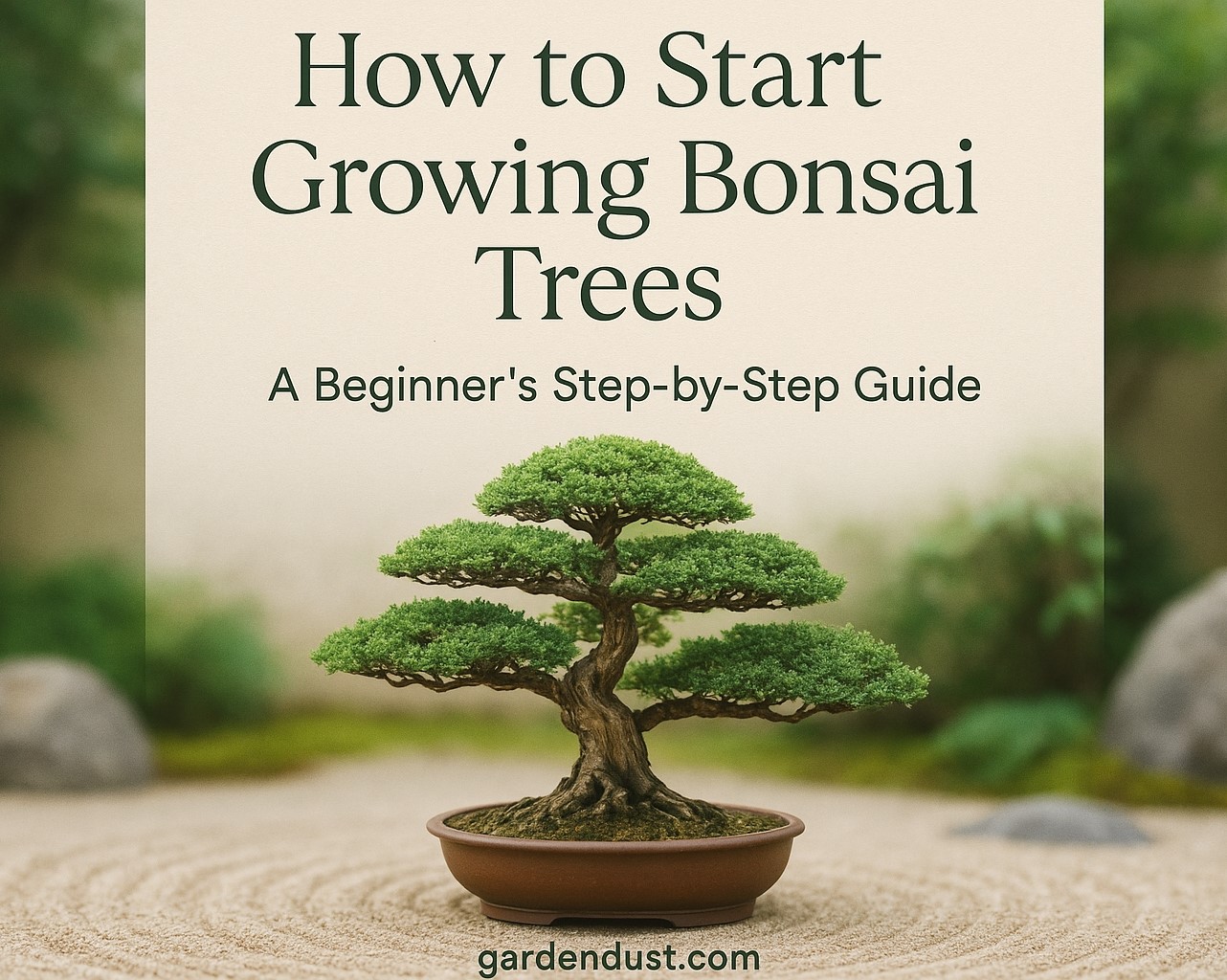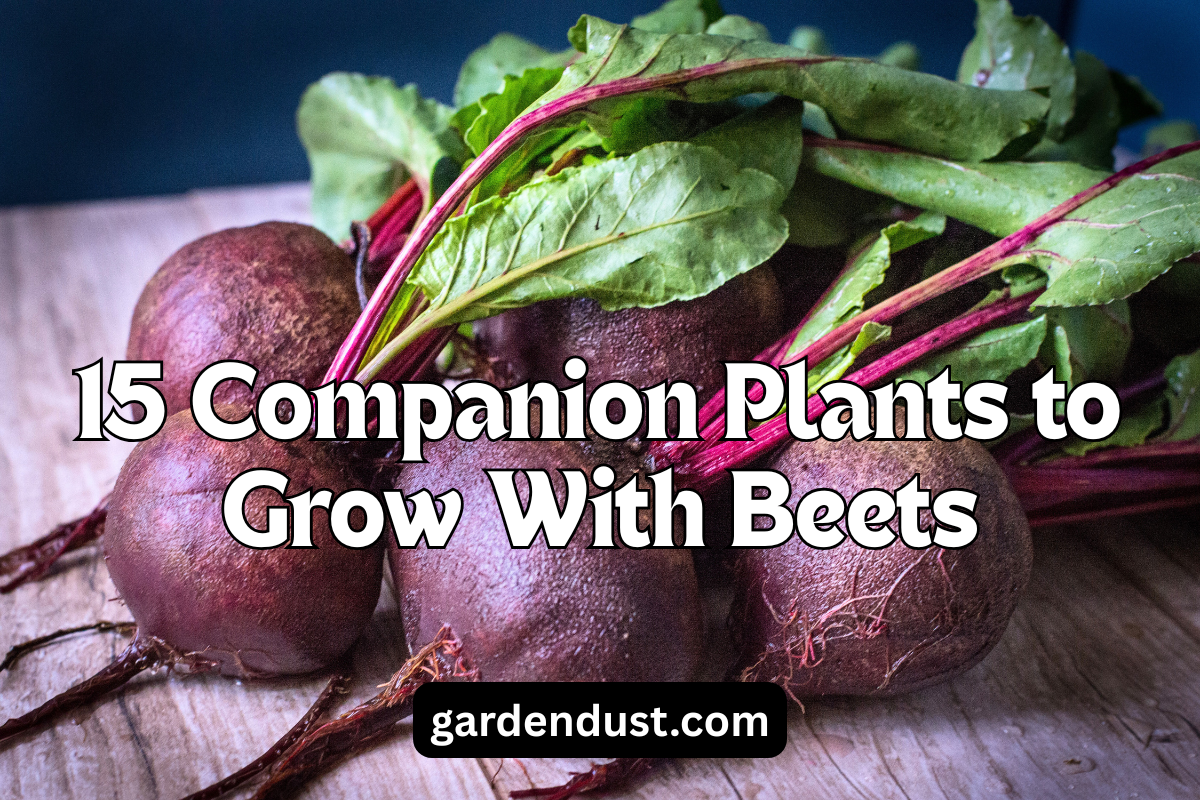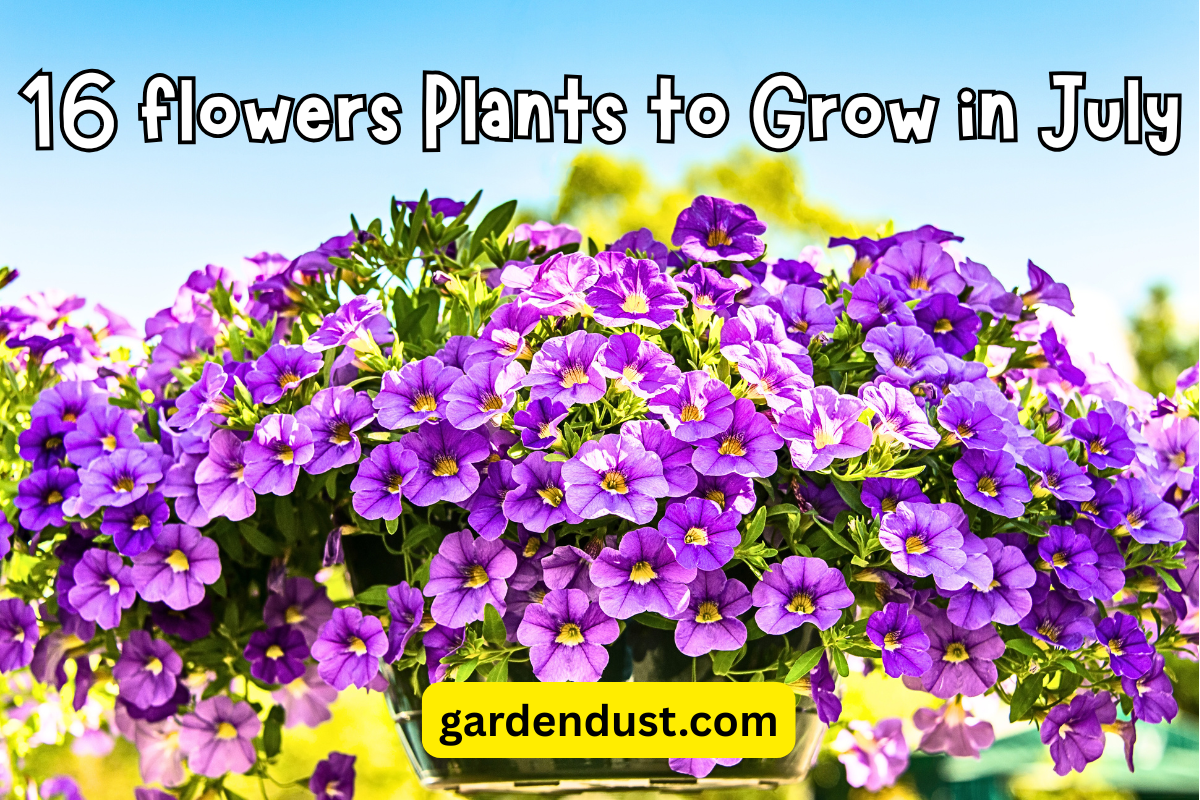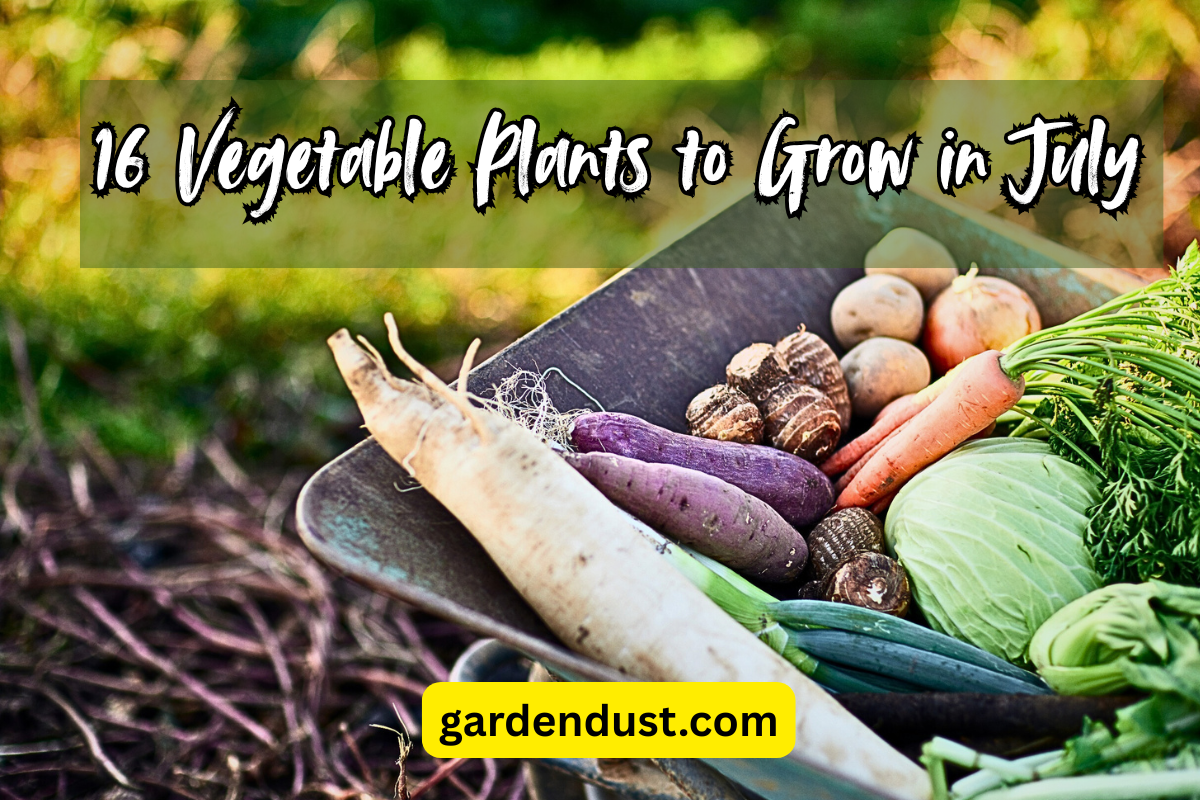What is Mulching?
Mulching is a gardening technique that involves covering the soil around plants with a layer of organic or inorganic material. This technique has been used for centuries to improve soil health and protect plants from weather extremes. In this article, we’ll explore the benefits of mulching and how it can improve your garden.
Types of mulch:
Organic :-These materials decompose over time, providing additional nutrients to the soil. Organic mulch can help to improve soil health by providing a slow release of nutrients as it decomposes. This can help to improve soil structure, fertility, and overall plant health.
Inorganic:-Inorganic mulches include materials such as gravel, pebbles, and landscape fabric. These materials do not decompose and are often used in areas where soil erosion is a concern.
Benefits of Mulching
Mulching provides several benefits to plants and gardeners. Lets see the benefits of Mulching
1.Conserves Moisture
One of the main benefits of mulching is its ability to conserve moisture in the soil. When you cover the soil around your plants with a layer of mulch, you’re reducing water loss due to evaporation. This is especially important in hot and dry climates where water can be scarce. By reducing water loss, plants are able to grow stronger and healthier.
2.Suppresses Weeds
Another benefit of mulching is its ability to suppress weeds. By covering the soil with a layer of mulch, you’re preventing sunlight from reaching weed seeds, which stops them from germinating. This reduces the amount of time and effort required to weed your garden, freeing up more time for other gardening activities.
3.Regulates Soil Temperature
Mulch can help to regulate soil temperature by insulating the soil from extreme heat and cold. This is especially important in areas with fluctuating temperatures, as it can help to protect plant roots from stress and damage. In addition, mulch can help to keep soil temperatures more consistent, which can lead to better plant growth.
4.Improves Soil Health
Organic mulch can help to improve soil health by providing a slow release of nutrients as it decomposes. This can help to improve soil structure, fertility, and overall plant health. In addition, mulch can help to promote beneficial microorganisms in the soil, which can lead to healthier plants.
5.Enhances Aesthetics
Finally, mulch can enhance the aesthetics of your garden by creating a uniform, tidy appearance. By choosing the right type of mulch, you can create a cohesive look that complements the design of your garden.
When applying mulch, it’s important to choose the right type of mulch for your needs. Organic mulches, such as wood chips, straw, and leaves, are great for improving soil health and conserving moisture. Inorganic mulches, such as rocks, gravel, and landscape fabric, are better for areas where soil erosion is a concern.
6.Reduces Soil Erosion
Mulching can help to reduce soil erosion by protecting the soil from wind and rain. This is especially important on sloped areas or in areas with heavy rainfall. The layer of mulch helps to hold the soil in place and prevent it from being washed away.
7.Prevents Soil Compaction
Mulch can also help to prevent soil compaction by reducing foot traffic and protecting the soil from heavy rain. When soil is compacted, it becomes harder for plant roots to penetrate, which can lead to stunted growth and poor plant health. Mulch helps to keep the soil loose and aerated, which allows plant roots to grow more easily.
8.Protects Plants from Frost
In colder climates, mulch can help to protect plants from frost damage. By insulating the soil around the plants, mulch helps to keep the soil temperature more consistent and prevent freezing. This can be especially important for tender plants that are susceptible to frost damage.
9.Provides a Habitat for Beneficial Insects
Mulch can also provide a habitat for beneficial insects, such as ground beetles and spiders, which can help to control pest populations. These insects feed on other insects that can damage plants, which can reduce the need for pesticides.
10.Reduces Soil pH
Some types of organic mulch, such as pine needles and oak leaves, can help to reduce soil pH over time. This is beneficial for plants that prefer acidic soil, such as blueberries and rhododendrons. Mulch can also help to balance soil pH in areas where the soil is too alkaline.
Mulching is an effective and easy way to improve the health of your garden. It helps to conserve moisture, suppress weeds, regulate soil temperature, improve soil health, and enhance the aesthetics of your garden. By choosing the right type of mulch and applying it correctly, you can enjoy a healthier, more beautiful garden with less effort.

